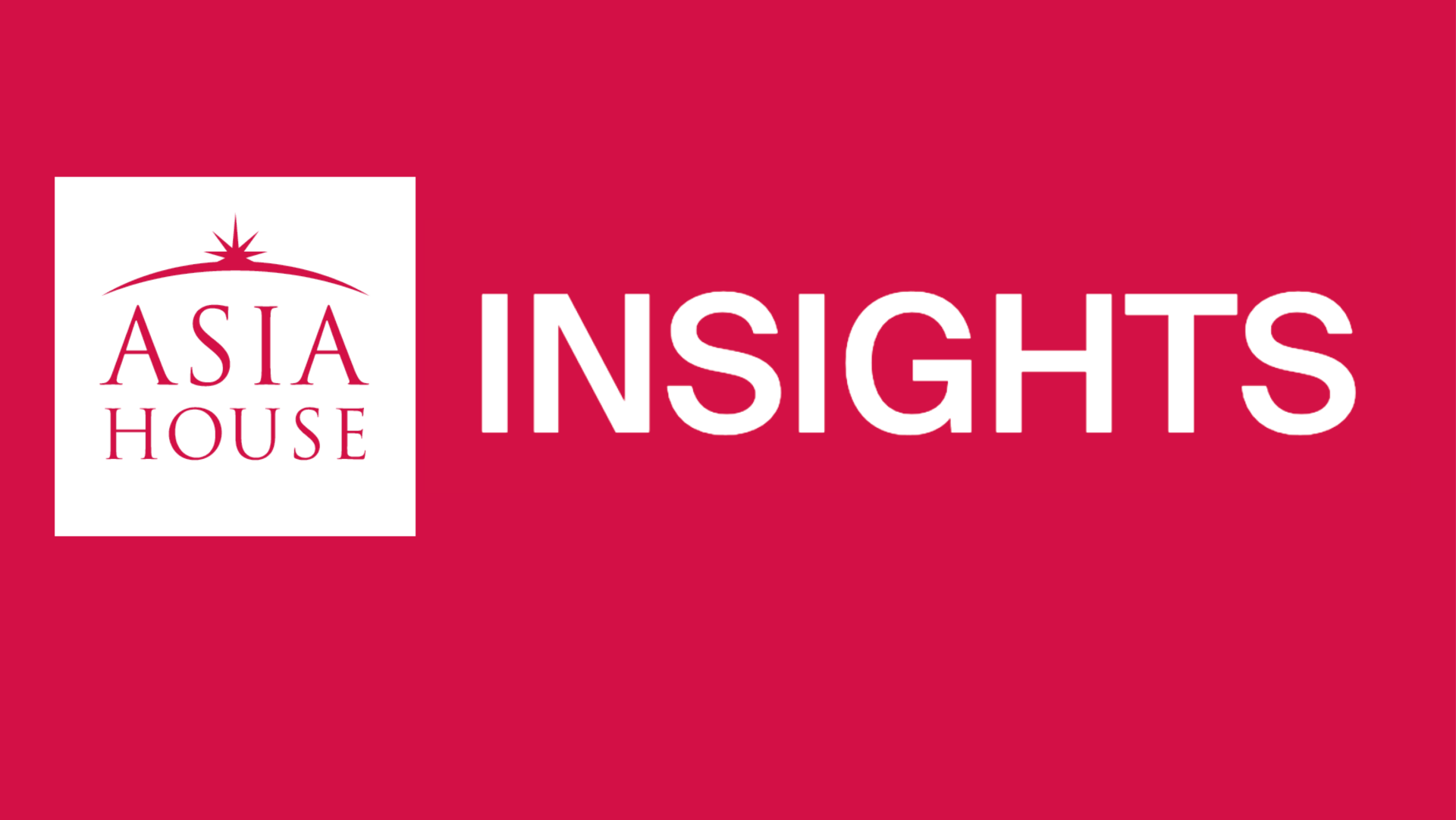Driving commercial and political engagement between Asia, the Middle East and Europe
Driving commercial and political engagement between Asia, the Middle East and Europe
Driving commercial and political engagement between Asia, the Middle East and Europe

Following last week’s truce in the US-China trade war, President Trump’s administration has relaxed the ban on US companies selling to Chinese telecom giant Huawei.
Two months ago, Huawei was placed on the US Commerce Department’s so called ‘entity list’, which bans US parts and components being sold to Huawei. The company is still on the entity list, but suppliers will now be allowed to sell to Huawei if they are granted a license based on the fact that there is no threat to national security.
Huawei has become a major bargaining chip in the trade negotiations between the world’s two biggest economies. The blacklist has had a major impact on both Huawei and its suppliers as major providers were forced to cut trade ties, including Google, Arm, Intel and Qualcomm. Estimates suggested the impact on Huawei’s revenue could have been up to US$30 billion, as well as a US$11 loss in revenue to US companies. This latest move is seen as a concession by Trump to attempt to get the negotiations back on track. However, there was also pressure from US firms as the semiconductor and chipmaker industry, which the Financial Times reports ‘lobbied hard’ for the move.
Although industry welcomed the news, there still seems to be confusion over the directive. White House economic advisor Larry Kudlow said the relaxed restriction would only be in place for a limited time, although he did not make clear how long. Furthermore, the qualification of ‘not posing a threat to national security’ has not been made clear.
Separately in May, Trump signed an executive order banning US companies using telecommunications equipment from companies that pose a national security risk. This is thought to be a move paving the way for Trump to ban US companies buying goods from Huawei. Progress of the ongoing trade negotiations will likely determine the final outcome for Huawei and its US trade relations. High-level talks between the two countries restarted this week over the phone after talks collapsed in May, however there are currently no further negotiations scheduled.
Written by Isabelle Meere, Advisory Associate
